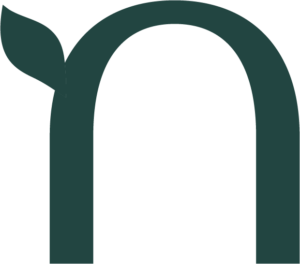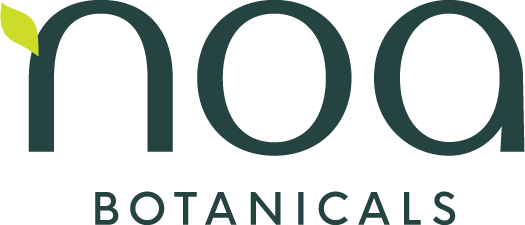Frequently Asked Questions & Helpful Links
View frequently asked questions our customers have, and view links to external resources we find helpful.
Forms
Important information for new and current patients.
Frequently Asked Questions
A: Qualifying conditions include Severe Pain, Nausea, Seizures, Muscle Spasms, Cancer, Cachexia or wasting syndrome, Rheumatoid Arthritis, Lupus, Epilepsy, Multiple Sclerosis, HIV/AIDS, Muscle Spasms, PTSD and Glaucoma. For a complete list see the Hawai`i DOH website.
A: Medical cannabis cards are issued by the Hawai`i Department of Health to people (adults or children) that have been diagnosed with a qualifying condition by a physician or registered nurse. Noa maintains a list of physicians and registered nurses that certify patients for medical cannabis cards, which can be found at noacares.com.
A: There is no minimum age for getting a medical cannabis card (329 card). Patients under the age of 18 are required to have an adult caregiver.
A: All of the medical cannabis products sold in Noa are grown, processed and manufactured in a state-of-the-art, modern production facility and are tested for purity and quality by a certified lab.
A: Transporting marijuana between the islands, except for laboratory samples, is not allowed under federal or state laws.
A: Hawai`i statute authorizes visitor reciprocity, the recognition of out-of-state medical cannabis cards, beginning January 1, 2018. Before dispensaries can service non–Hawai`i medical cannabis card holders though the Department of Health needs to issue relevant regulations. We don’t know what the current timetable is for the DOH to put in place visitor reciprocity rules.
A: While the possession of marijuana by qualified patients is legal in Hawai`i it remains a Schedule 1 controlled substance under Federal law. This means that under federal law the possession of marijuana is illegal.
A: Medical marijuana has be legalized in 35 states and 14 are adult-use where it is treated similarly to alcohol.
A: In January 2017 the US National Academy of Sciences, a highly respected federal agency, issued a report that stated there is conclusive evidence that cannabis is a medicine in the treatment of pain, Multiple sclerosis and nausea resulting from chemotherapy.
A: Schedule 1 drugs are defined by the federal government as having no medical value and are highly addictive, neither of which are true with medical cannabis. As a result, getting permission from the federal government to conduct research is extremely difficult and time consuming.
A: Researchers found hospitalization rates of people suffering from painkiller abuse and addiction dropped on average 23 percent in states that offered medical marijuana. Opioid overdose cases at hospitals in states with legal marijuana also dropped by an average of 13 percent, the study said. The study, which was released in the Drug and Alcohol Dependence report, said the findings prove that fears of legal marijuana driving hospitalizations upward were unsubstantiated.
Links
Find active medical research studies that explore cannabis as a medical strategy or treatment and how it affects humans.
Medical Cannabis Advocacy focused on educating medical professionals, attorneys and the public.
State of Hawai῾i DOH, Medical Cannabis Program
The Department of Health is responsible for administering two distinct but related medical cannabis programs here in the State of Hawai’i.
Non-Profit that promotes progressive drug law reform on the basis of scientific research.
Hawai῾i Medical Cannabis Legal Manual
This legal manual describes Hawai`i law on medical cannabis and includes information for patients and caregivers.
Created by Americans for Safe Access (ASA), a non-profit advocacy organization, these resources will help individuals who are using or considering cannabis treatments to better educate themselves, their families and their physicians.


